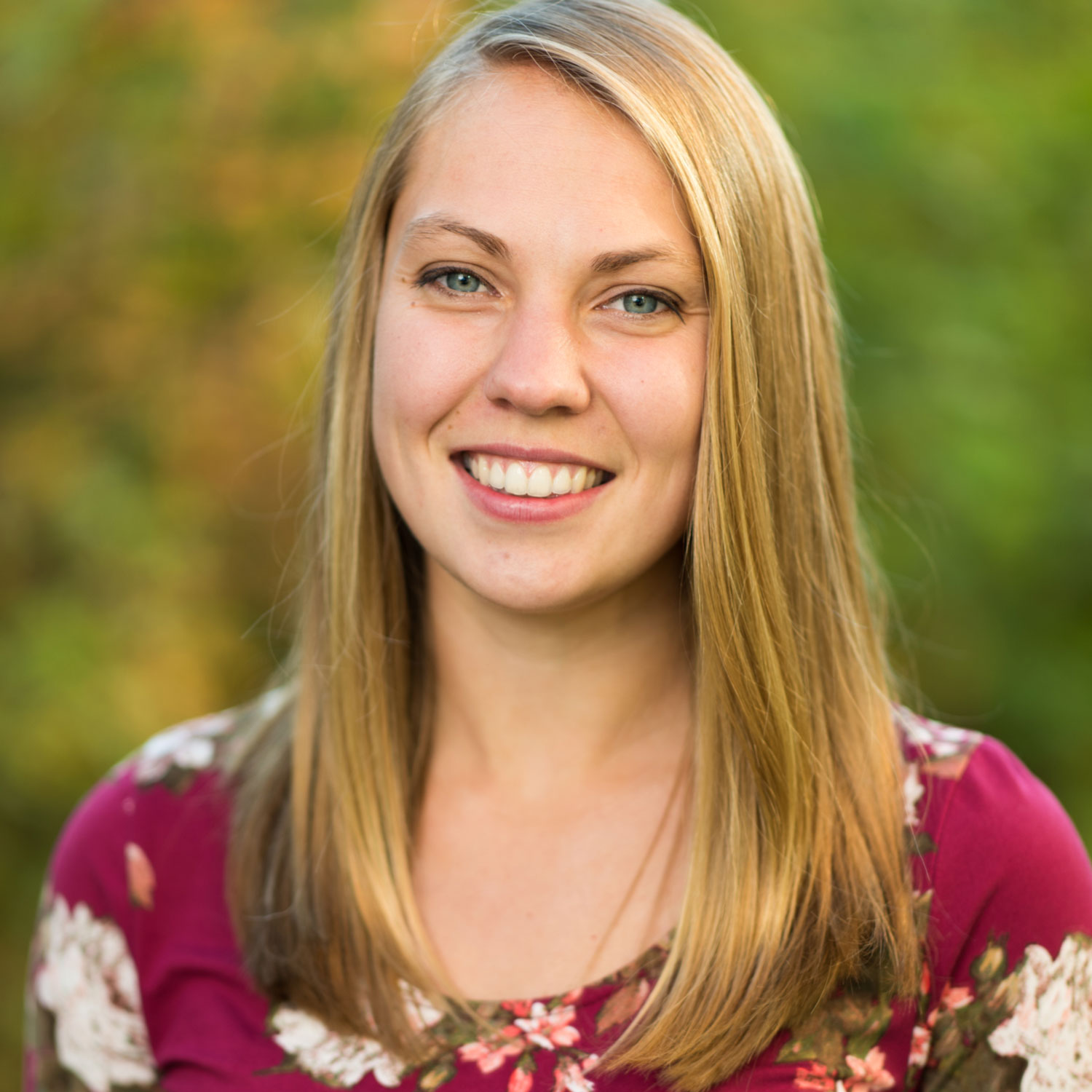Access to care still an issue in Canada
26 June 2020

Jenika Kopala, BSc DH '20
I wandered my way to power engineering at NAIT and worked in the oilfields for a couple of years. I enjoyed the work and the job and the lifestyle it offered, allowing me to travel and see as much of the world as I could (which I will miss!). But it had a very set routine, and for the most part, until things go wrong, every day is kind of the same. While I like some stability, it got a little daunting after a while.
Dental hygiene
When I decided that I needed something more challenging and rewarding, I ended up in Dental Hygiene. I love the fact that we focus on preventive care. I grew up in the holistic world (my father is a chiropractor and acupuncturist and my grandma owns a health food store), so that was very important to me.
While I may be working the same base routine every day, I have the mental skills to adapt my care to my patient's needs. Dental hygiene is mentally stimulating and gives me a sense of accomplishment, especially when I can achieve that care for my patients.
We also have stability, being in healthcare, that I wouldn't see in the oilfield. We also have flexibility in time, which was a consideration to accommodate a future family.
New field
Dental hygiene, as a career, is still young—the field itself is still mouldable. This was something that appealed when looking at possible paths for my career.
I could choose to take on many different roles within the field: being a clinician, an educator, a public educator, to name a few. And new opportunities will arise as our population evolves: whether that's advanced skills (like our version of a nurse practitioner), new specialties (like working in oral health education and promotion) or more targeted care (like focusing on the senior population).
First graduates
The big draw to the U of A was the bachelor's degree. Power engineering is a diploma, so working towards a higher level of education was enticing.
We are very proud first graduates of the degree program. We recognize that being the first cohort brings challenges along the way. The faculty was always willing to listen, not only for us but also for all those in the years to follow. The program will only keep getting better!
Lack of access to care illuminated
I’ve been working with the Lifesaving Society Alberta and Northwest Territories Branch, a nonprofit organization that focuses on drowning prevention. For them, I’ve organized educational events to promote drowning prevention, led safety discussions in classrooms and boardrooms, and even filmed very goofy YouTube videos.
The most significant change I've seen within myself is the ability to see outside of a city centre. Growing up in Cold Lake, I was always aware of the differences in metropolitan vs smaller cities. But going from small city to isolated community was one of the most eye-opening experiences I've had. When you're standing in the middle of nowhere, you realize that even within Canada, we do not have the ability to provide care to everyone in our nation.
Future
First, I want to do a couple of years as a clinician in private practice to solidify my skills. Then maybe I'll do further training or go into independent practice. Going into public education or maybe policy for oral health is something I would consider once I've learned a lot more!